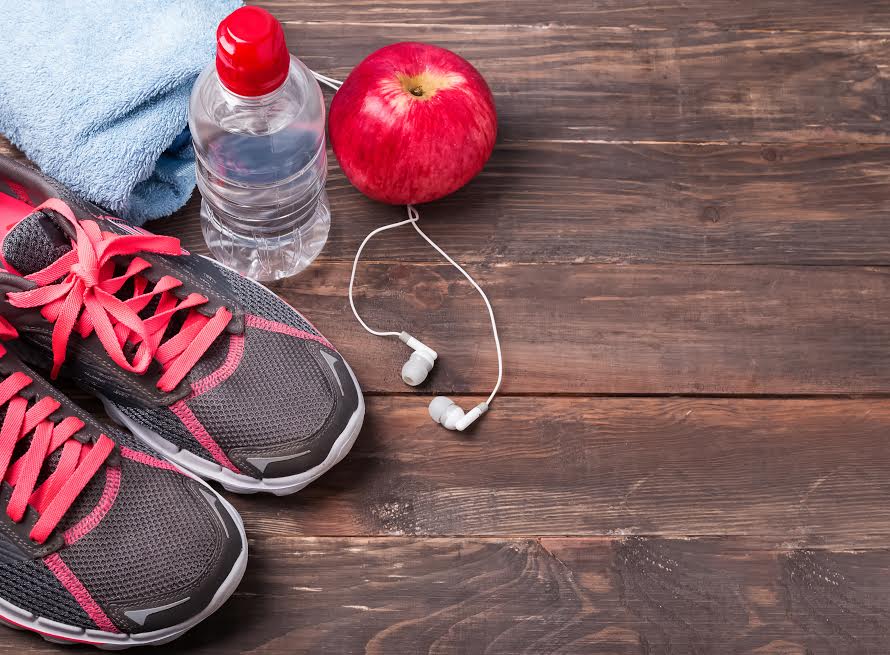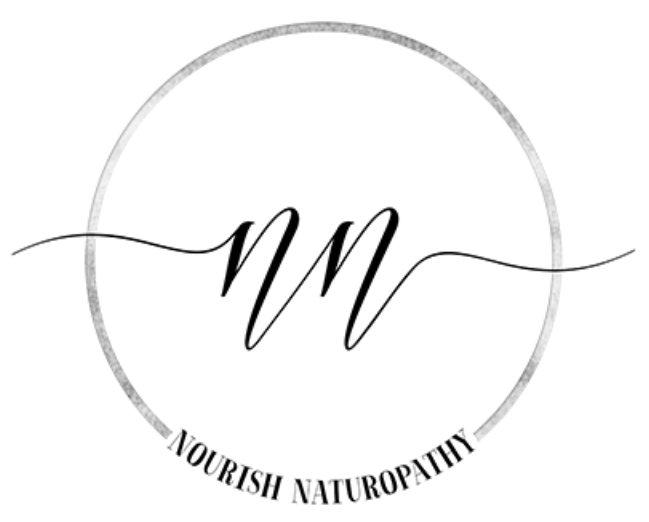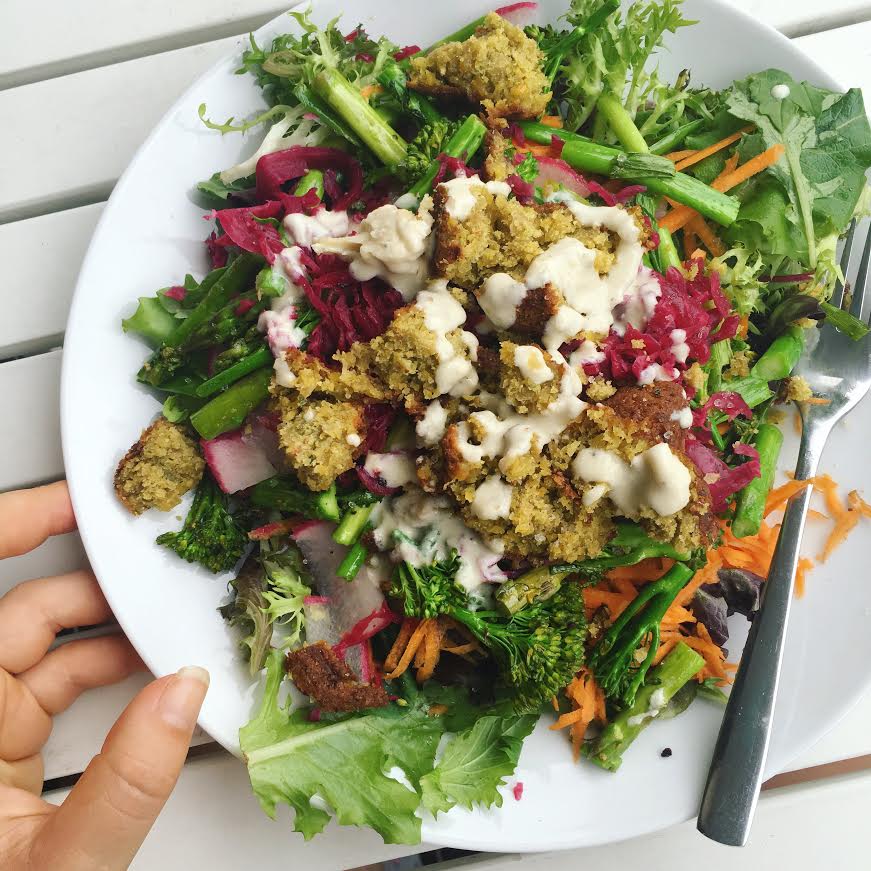Mindy Duncan (Clinical Naturopath)
For bookings click here
It’s no secret to all of us that the health of our digestive tract can have significant impact over many aspects of health. Therefore I’m sure we all know how important it is that we put into place daily practices that help us maintain the integrity & function of this powerful organ system. The good news is that you really needn’t be purchasing any fancy products or expensive probiotics in order to MAINTAIN good gut health, many of these factors you may already have integrated & be doing without thought or if not are really inexpensive & easy daily habits you can start implementing.
Here are a few of the best daily habits you can put into place in order to maintain a healthy, happy gut.
Include Prebiotic Foods
A pre-biotic is a non-digestible dietary fiber which is defined as a:
“a selectively fermented ingredient that allows specific changes, both in the composition and/or activity in the gastrointestinal microbiota, that confer benefits upon the host”.
Meaning they enhance the growth of the beneficial bacteria in the digestive tract, providing essential fuel to help them thrive. These bacterial strains in our guts have influence over may aspects of health include gut motility & regular elimination of wastes (no more constipation, yes!), production of enzymes to break-down food, detoxification, immune health, protection from infection & even production of neuro-chemicals that impact our mood, motivation, sleep & energy. The gut isn’t referred to a the second brain for nothing, it has influence over so much!
Great sources of prebiotic fibre include:
- Vegetables – especially starchy veggies (but literally EAT.THEM.ALL)
- Flaxseed/Linseed
- Green Banana Flour
- Chia Seeds
- Beans, Legumes & Lentils
- Grains (as close to natural state as possible – i.e. steel cuts oats instead of quick oats).
- Slippery Elm
De-Stress
Stress has an enormous impact on our digestion & our ability to breakdown food efficiently. This is largely due to what is know as the gut-brain axis. When we become stressed we activate the fight-or-flight response which directly impacts our capacity to digest food by diverting the bodies energy & blood supply towards organs systems needed to face a perceived threat. So AWAY from the digestive tract & TOWARD the heart, limbs & lungs. The opposite effects occurs we are not stressed, hence the term rest-and-digest.
Stress has also been shown to negatively impact a number of beneficial bacteria including Bifidobacterium & Lactobacilli in the gut, overtime this can create significant disruption in the balance of good & bad bacteria within the digestive tract.

- Exercise & Movement
- Take a bath (trying adding some magnesium salts & lavender essential oil)
- Meditation (just 10 minutes per day)
- Yoga
- Catching up with a friend or loved one
- Reading a book
- Getting out into nature
- Doing anything just for the simple pleasure of it
- Having an hour of screen\technology free time per day
Learn more about the impacts of stress on the body here.
Practice Mindful Eating
This plays straight into the above point. We can’t digest properly when our body is over stimulated or stressed. Mindful eating is basically the act of sitting & eating whilst quiet literally just focusing on eating. Not watching TV or YouTube, scrolling through Instagram or worse yet eating on the run. For optimal digestion it’s really important we take the time to sit down, relax, breathe & enjoy the food we are eating.
The basic act of eating actually involves a complex series of hormonal signals between the gut & nervous system. Sending signals for both hunger & satiety. It takes around 20 minutes for the brain to register satiety. Meaning if you are eating on the run or whilst stressed you aren’t really able to register when your actually full & usually end up overeating as a result. When we take the time to sit down & focus on eating not only are we able to digest properly but can stop when we are truly full & satisfied……we also get a much needed break. Bonus! :)
Daily Movement
Not only does a bit of daily exercise, whether that’s walking, jogging, yoga, pilates or
Leading a sedentary lifestyle & sitting all day really creates a lot of stagnation in the body. Our circulation doesn’t function optimally & neither does our gut because everything just sits. Daily movement really help the muscle in our gut perform peristalsis & move our waste through the intestines toward the colon to being adequately eliminated.
Next time your at work trying getting up every hour or so and move around. It will really give your circulation some love & your gut will thank you for it.
Hydration
Hydration is ESSENTIAL for optimal digestive health as it helps our body eliminate toxins & prevent constipation. Adequate water (at least 1.5-2L filtered water daily) intake both hydrates (softens) the stool & lubricates the intestinal walls, making it easier for you body to pass a bowel motion.
It’s really just about simple daily practices, being mindful & eating natural foods. Easy peasy!


